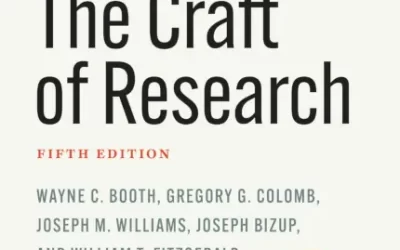Everyone makes mistakes, even copy editors. If you’re submitting a manuscript or paper, though, you should make every effort to check your work and, if possible, have someone else check it, too. While it’s not always true that a clean manuscript is a good manuscript, you’re making a first impression on anyone who reads the file so, just as you would dress up for an interview, make sure your manuscript is as clean and tidy as you can make it.
Start by looking for and correcting these common errors:
• It’s/its/its’: There’s just no excuse for this one. Use your search tool and make sure you’ve used these correctly, every single time. “It’s” is a contraction with only two possible meanings: “it is,” or “it has.” “Its” is a third person singular possessive pronoun. Similar to “his” and “hers,” “its” denotes possession usually by a singular object or an abstract concept.
• That/who: in spoken English people may use these pronouns interchangeably, but there are, in fact, rules. Use “that” to refer to inanimate objects, “who” to refer to people. So, “He’s the one that got the job” is wrong, the correct version is “He’s the one who got the job.”
• The nonspecific “it”: the pronoun “it” is often used to replace a noun, but sometimes the meaning of a sentence can be lost if the meaning of “it” is unclear. Consider this: “Ted drove the car through the garage door and damaged it.” What is “it”? The car? The garage door? When in doubt, be specific.
• That/which: “that” introduces a restrictive clause, “which” introduces a nonessential clause that can be dropped without changing the sentence’s meaning. Nonessential clauses are often (but not always) set off with commas: “The red car is the one that Ted damaged,” and “The red car, which Ted damaged, is at the body shop.”
• This may seem obvious, but make sure you’re using the correct word, especially potentially confusing words with similar spellings but different meanings (for example, accept/except, affect/ effect, and discreet/discrete). If you’re unsure, look it up—spell-checkers won’t catch that sort of error.




